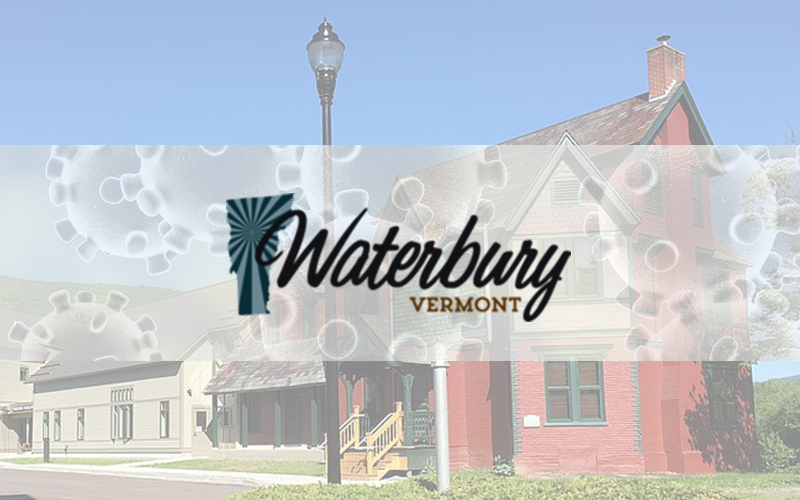After reviewing a town budget draft with an estimated tax rate of 51cents per $100 of assessed value, the same tax rate as last year, Waterbury Select Board members decided to bump the tax rate up 2 cents to 53 cents.
“People don’t mind paying taxes if they're getting something out of it. I think with the gains we’ve made in our paved roads, people are starting to be thankful that that work is getting done. I’d hate to pull a plug and go backwards on our CIP for the sake of a couple pennies,” said select board member Chris Viens about the town’s Capital Improvement Plan (CIP) funds at a meeting on January 18.
IT’S PRUDENT
“I’m fine with going for the 53,” said select board member Nathaniel Fish as the meeting was drawing to a close. “It seems like it’s prudent.”
The decision to create a new budget draft with a tax rate 2 cents higher than that of last year came after the select board discussed the potential consequences of a more conservative budget. While the budget draft that Waterbury town manager William Shepeluk presented to the board that night estimated collecting similar tax revenue in 2021 as 2020 (between $3.8 and $3.9 million), the way the town would achieve that revenue looked drastically different from the previous year.
DECK RESHUFFLED
For instance, last year Waterbury budgeted $1.8 million towards its general fund, $1.8 million towards its highway fund and just over $300,000 for its library fund. This year, however, the new budget draft listed $2.1 million for the general fund, $1.3 million for the highway fund and just over $400,000 for the library fund. While each formula leads to roughly the same total tax revenue, the amount of money in each fund is different. As Shepeluk put it, “The deck has been reshuffled this year.”
One notable difference is that, in the budget draft presented on January 19, Waterbury’s highway budget had been cut by half a million dollars. The majority of these cuts came from the town’s capital improvement plan (CIP) funds, which go to capital projects and equipment purchases for public infrastructure.
INCREASING TAX RATE
“I hated to reduce the transfers into the CIP by as much as I did, but to get to the 51-cent tax rate we had to do that,” said Shepeluk, who designed the budget with a level tax rate goal in mind.
Envisioning the consequences of a poorly stocked project fund, select board members started warming up to the idea of increasing the tax rate. “I really don't like seeing these fund balances as low as they are. I personally would rather see us at 53 cents and take all those funds into the CIP and protect ourselves for what might come down the road,” said select board member Mark Frier.
HUGE JUMP
Shepeluk approved of the board’s inclination to increase the tax rate. “If you increase the tax rate to 53 cents that will get you $152,5000,” he said. “If you kept it all and put it in the CIP, that would be my preference.”
Finally, Viens noted that it would be better for the town to incrementally increase its tax rate rather than forcing a huge jump in the tax rate down the line.







